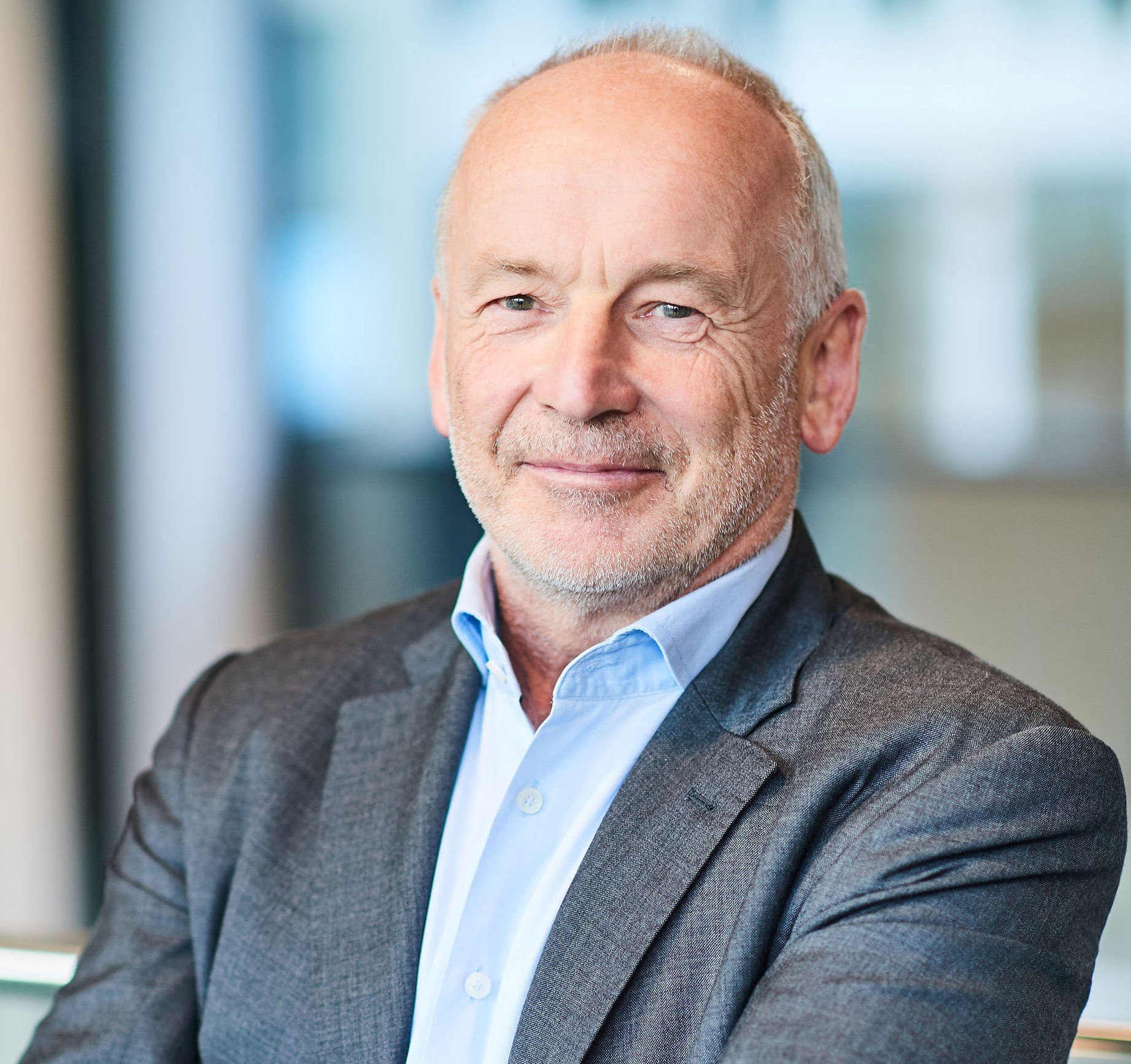Hearing Our Policymakers’ Expectations (HOPE)
Published on April 13th , 2022
COVID-19 is reshaping the relationship between science and policy and has the potential to deeply affect the organization of the modern world. As science has regained centre stage in the public eye and in policymaking, it is apparent that a global dialogue between scientists and policymakers has never been more important. Such dialogue is critical not only for coping with COVID-19 and its aftermath, but also for permanently establishing the principle that policies protecting human and planetary health must be based on trusted scientific evidence.
Given these unprecedented times and the need to lay foundations for the new, post-COVID world, Frontiers Policy Labs asked seven prominent policy makers what they most need from scientists, and how they could most effectively assimilate scientific information.
Policy Labs Editorial Board Member, Professor Caroline Wagner, Ohio State University, and Editor in Chief of Policy Labs, Professor Jean-Claude Burgelman, Free University of Brussels asked each policy maker the following questions:
As a policy maker, what essential scientific knowledge do you need to be better prepared for future emergencies?
What is the optimal way to present data and scientific information to policy makers, to maximize their resulting scientific knowledge?
If you could increase your science and technology budget, what information would you need to make that marginal investment?
Professor Caroline Wagner
Ohio State University
Professor Jean-Claude Burgelman
Editor in Chief, Frontiers Policy Labs
Frontiers Policy Labs spoke to several distinguished policymakers:
Anne Bucher
Anne has spent most of her career working on European policy making. She was Director-General in the European Commission until October 2020. While she is an economist by background, she has primarily focused on health and food safety issues, digital issues, taxation, social issues, and macroeconomic policies.
Kerri-Ann Jones
Trained as a scientist, Kerri-Ann Jones transitioned into policy and has served in numerous roles. She has served as the Vice President, Research and Science, at the Pew Charitable Trusts. She previously served as Assistant Secretary of State for Oceans and International Environmental and Scientific Affairs at the U.S. Department of State and in the White House Office of Science and Technology Policy, as Associate Director for National Security and International Affairs. She has also worked for the National Science Foundation
Prof Dame Anne Glover
Anne began her career as a molecular biologist. In 2006, she became first chief scientific advisor (CSA) for Scotland, and in 2011, she was appointed as the first chief CSA to the President of European Commission. In both roles, Glover worked with elected officials and policy makers, bridging the science-policy interface.
Paul Dufour
Senior Fellow at the Institute for Science, Society and Policy at the University of Ottawa and science policy Principal with PaulicyWorks in Gatineau, Québec. Dufour’s science and technology policy experience extends over three decades, during which he served with the Science Council of Canada, the Ministry of State for Science and Technology, the Department of Foreign Affairs, interim Executive Director to the National Science advisor, mentor for the Chief Science Advisor`s Youth Council,, and as a special adviser to the Prime Minister’s Advisory Council on Science and Technology. He was the first recipient of the Canadian Science Policy Centre`s Award for Exceptional Achievement in Science Policy
Robert Madelin
Chairman at FIPRA International, an evidence-based policy consultancy. Prior to FIPRA, he was a public servant for almost 40 years, primarily at the European Commission, where he worked in a number of policy areas on the question of how to best ensure that scientific advice has the appropriate visibility and weight in the policy making process.
Yuko Harayama
Former Executive Director in charge of international affairs and promotion of early-career researchers and diversity at RIKEN, Japan’s largest research organization for basic and applied science. She has experience promoting innovation, information sharing, and dialogue between scientists and policy makers in numerous institutions, both within and outside Japan
Adrian Paterson
The principal and founder of Siyeva Consulting and previously CEO of the Australian Nuclear Science and Technology Organization (ANSTO). His career has bridged the space between science, engineering, and practical application. Paterson has a strong public science background and experience in key policy areas including science and innovation, energy, and the nuclear fuel cycle.
Frontiers Policy Labs are going to present HOPE interviews at EuroScience Open Forum (ESOF) conference in July 2022 where we will lead a panel discussion titled, “Does good science lead to good advice and policy making? - Rethinking the science-advice-policy link in the aftermath of the COVID-19 pandemic’.
Over the next few weeks, we will publish the summaries of the interviews on our website. Please follow us on Twitter for regular updates.










